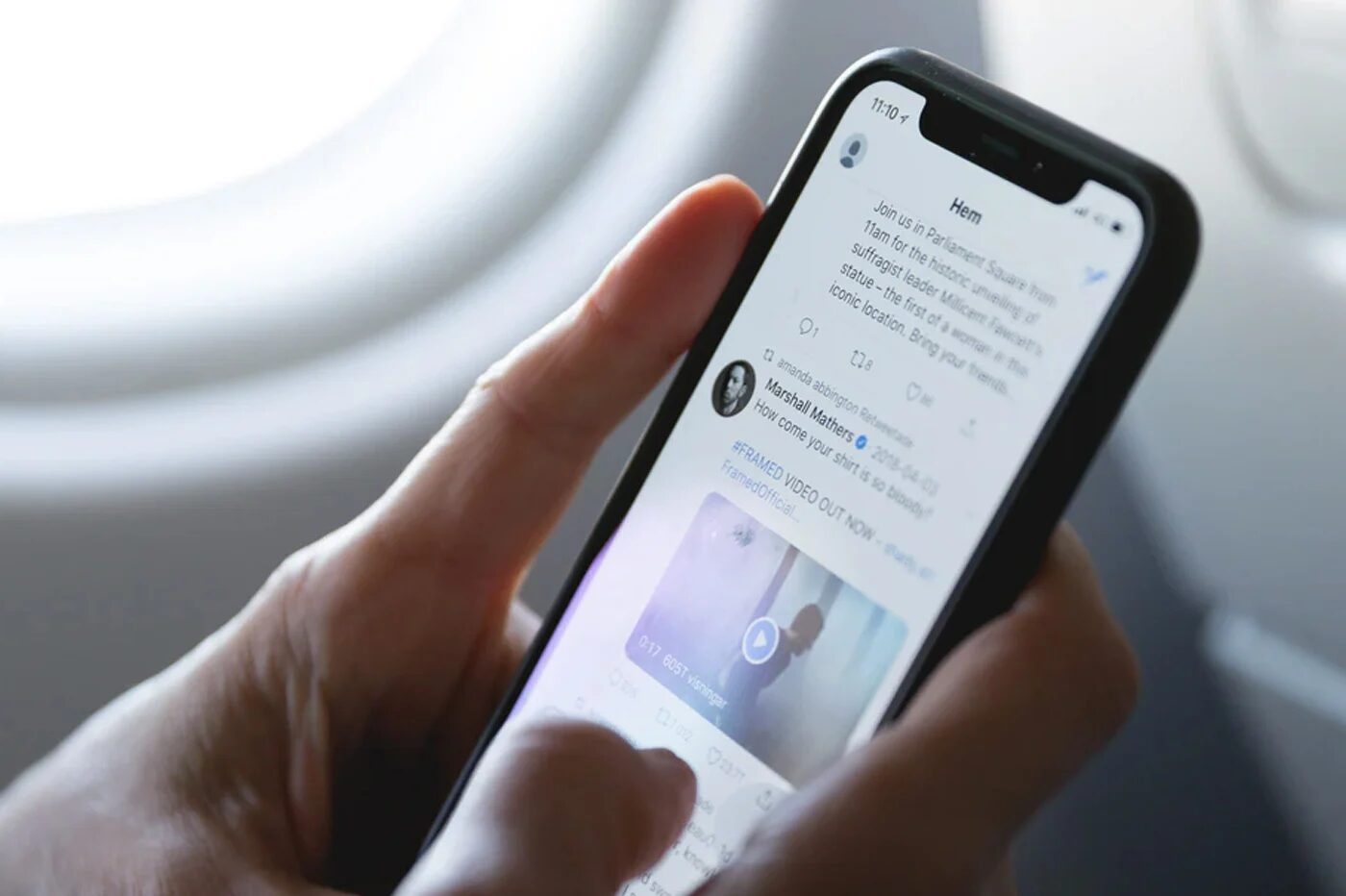A text message from the short code 47204 is a legitimate security notification, typically a one-time verification code sent by financial services like Charles Schwab, Venmo, or Fidelity to confirm your identity. This message is a crucial part of the two-factor authentication (2FA) process used to protect your accounts.
If you’ve received a text from this five-digit number, it is almost certainly a real security alert. This guide will explain who uses this code, why you received a message, and the critical steps to take if the text was unexpected.
Who Uses the 47204 Short Code?
The number 47204 is a “shared short code,” which means it is leased by multiple companies to send automated text messages. While various services can use it, it is most frequently associated with companies that require a high level of security, particularly in the financial sector.
The most common and reputable senders using the 47204 short code include:
- Charles Schwab: For verifying logins, authorizing money transfers, and other account alerts.
- Venmo: For signing in from a new device or confirming payments.
- Fidelity Investments: For two-factor authentication when accessing your investment accounts.
- TikTok: For account login verification and password resets.
If you use any of these services, a text from 47204 is a normal part of their security procedure.

The Purpose of a 47204 Text: Account Security
The main reason you receive a text from 47204 is for two-factor authentication (2FA). This is a security measure that requires you to provide two pieces of evidence to prove your identity: your password and a temporary code sent to your trusted device (your phone).
You will typically receive a code from 47204 immediately after you:
- Attempt to log in to one of the services listed above from a new computer or phone.
- Request to reset your account password.
- Try to authorize a large financial transaction or transfer.
- Make significant changes to your account’s security settings.
Is the 47204 Text Message a Scam?
No, a text originating from the 47204 short code is almost always a legitimate communication from a service you likely use. The message itself is not a scam; it’s a security feature.
However, the reason you received it could be a warning sign that a scammer is trying to access your account.
CRITICAL: What to Do If You Received a 47204 Code You Didn’t Request
If you receive a verification code from 47204 but you were not actively trying to log into any of your accounts, treat this as a serious and urgent security alert. It means that someone else has your password for that service and is trying to get in.
Follow these steps immediately to protect your account:
- Do NOT share the code with anyone. Scammers who have your password will often contact you, pretending to be from the company, to trick you into giving them the code. A real employee will never ask you to do this.
- Identify the Service: The text message usually names the company (e.g., “Your Charles Schwab security code is…”).
- Go directly to the official website or app of that service (e.g., com, venmo.com). Do not use any links in the text message.
- Immediately change your password for that account to something new, strong, and unique.
- Review your account for any recent suspicious activity.
How to Stop Messages from 47204
It is not possible or advisable to stop receiving these security-related texts. They are on-demand, “transactional” messages sent only when there is an attempt to access your account.
Blocking the 47204 number is highly discouraged, as it could prevent you from being able to access your own financial or social media accounts in the future if you need to verify your identity. The only way to stop these messages is to disable 2FA, which would significantly weaken your account security.
Frequently Asked Questions
I got a 47204 text, but I don’t use Schwab, Venmo, or Fidelity. Why?
This could mean someone entered your phone number by mistake when setting up their account. It could also be from a different, less common service that uses the same shared code. If you didn’t request the code, you can safely ignore and delete the message.
Can I text STOP to 47204?
Replying with STOP to a shared short code is generally ineffective for transactional 2FA codes. You cannot “unsubscribe” from your own security alerts, and doing so might interfere with future messages you actually need.
Does the verification code from 47204 expire?
Yes. For your security, these one-time passcodes are time-sensitive and will usually expire within a few minutes (typically 5-10 minutes) after they are sent.
The text from 47204 doesn’t name the company. How do I know who it’s from?
If the text is generic (e.g., “Your access code is 123456”), think about any financial or social media apps you may have tried to log into in the last few minutes. If you weren’t trying to log into anything, treat it as a serious warning to check the security of your most important accounts (email, banking, etc.) and change their passwords.
Conclusion
In short, the 47204 text message is a legitimate security tool used by major companies like Charles Schwab, Venmo, and Fidelity. If you initiated a login or transaction, the code is safe to use on the company’s official website or app. However, if you received a code unexpectedly, it is an urgent warning that your account is at risk. Never share the code, and immediately change your password for the relevant service to keep your information secure.


